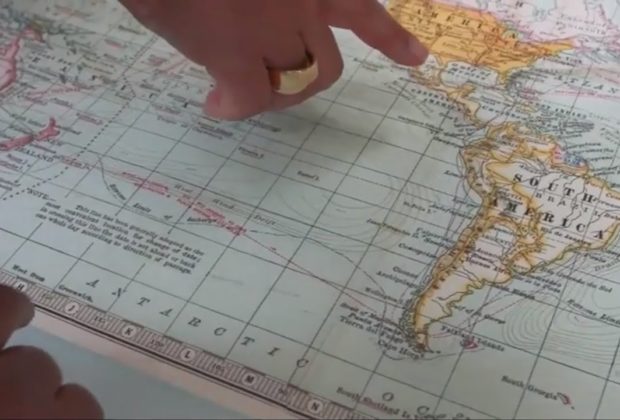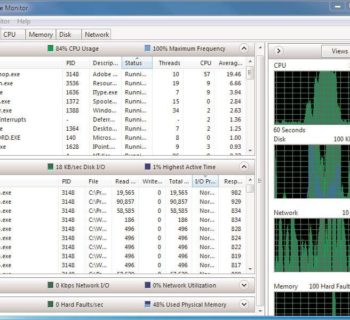There are approximately 8 billion people worldwide, making it possible that more than one person can have the same name. It is why there have always been severe errors in surveys and records. Sometimes, entries with two similar names can confuse the person inspecting. Hence, there is a need for Name Matching software to differentiate between two similar names based on its Machine Learning skills.
A name is an essential aspect of one’s life because it is their primary identity, but when there is a survey or a data collection done on a global level, the name is not taken as a primary reference for identification. It is because of the diversity of names and complications in different pronunciations.
Many factors contribute to the challenges in Name Matching at a global level. The following points will explain all these factors in detail.
Conventions
There are numerous conventions on familial, individual, cultural, and national levels around the globe. For example, a person belongs to a family in which all the members use their family name as their first name and their name is the second name, whereas the other person puts his family name second and his name first. Similarly, there are such conventions as putting two surnames, no surnames, gender-based conventions, etc. It can be unclear for software to assess these conventions. However, some futuristic technologies can enable software filters for such traditions.
Recording
As there are many languages in the world and numerous dialects of single languages, it is even more challenging to match a name primarily based on a recorded name. When a name is registered from an audio source, there is a chance that the computer can make errors in detecting the correct spelling, as the proper spelling can differ in each language. However, with the latest developments in technology like optical character recognition, recording from an audio source can also be considered and registered accurately.
Geopolitical challenges
As many factors contribute to this complication, another major factor is geopolitical issues. When the government of a country changes, it can change the official language of the nation, which will affect the way names are written. Sometimes, the purpose is to assert pressure or political superiority. Sometimes, it is done to revive a forgotten language; for example, the 1992 government of Ireland revived the almost extinct Gaelic language and gave it an official status.
Name changes
There are many cases around the world where people have changed their names. Some people don’t like the name they are given at birth and change it when they grow old, whereas others adopt two or more names for occupational purposes. There are different legislative rules regarding this in every country. Hence it is even more challenging to keep track of such updates. However, it requires ample time to update the changed name in global data. It can create severe troubles in international surveys because the question of identity and legitimacy is raised.
These challenges make it difficult for software to match names on a global level. However, technology is reaching incredible heights of innovation and futuristic inventions. The futuristic fields of Artificial Intelligence and Machine Learning are majorly contributing to finding solutions for this global challenge. Many companies succeed in creating software that overcomes almost all the challenges in this situation.




















